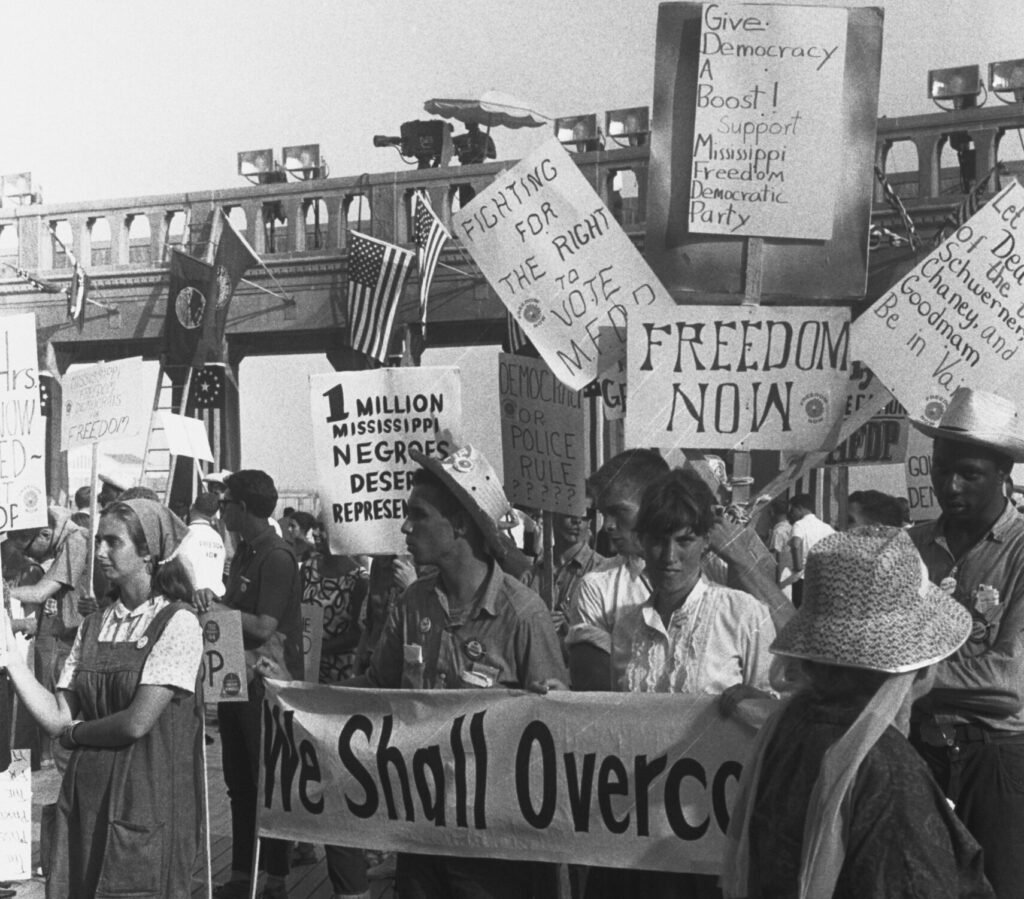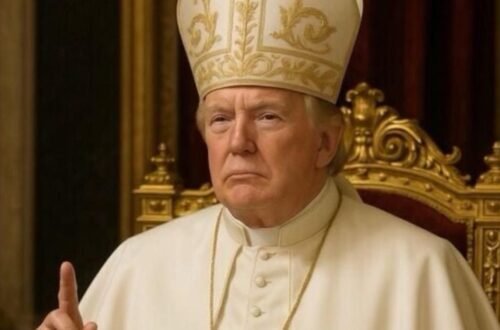Collective Security Warning: The Erosion of Global Values

Historical Context of Collective Security
The concept of collective security emerged prominently in the aftermath of the Second World War, a period marked by a profound recognition of the need for a unified response to aggression. At its core, collective security is based on the principle that an attack against one member of a collective alliance is considered an attack against all. This framework was fundamentally conceptualized through crucial institutions, notably the United Nations, which was created to foster international cooperation and maintain peace. Since its establishment, various alliances, including NATO and the European Union, have worked towards ensuring stability and mutual defense among member states.
The successes of collective security can be illustrated through numerous historical instances. For example, NATO’s intervention in the Balkans during the 1990s was pivotal in restoring peace and preventing further humanitarian crises. This intervention epitomized the moral imperative to act in defense of democracy and human rights, reinforcing that collective security is not solely a strategic endeavor but also a humanitarian one. Furthermore, the UN’s peacekeeping missions have exemplified the commitment of the international community to protect civilians and uphold the principles of human dignity.
The Humanitarian Crisis: A Growing ConcernThe Humanitarian Crisis: A Growing Concern
The world is currently facing an alarming rise in humanitarian crises that reflect a troubling shift away from previously established global values. Historical commitments to aid, support, and compassion for vulnerable populations are increasingly receding, leaving millions at risk. This growing concern emphasizes the urgent need for a renewed focus on humanitarian efforts, as numerous conflicts, natural disasters, and economic hardships continue to exacerbate the plight of the less fortunate.
One of the most pressing issues is the persistent hunger affecting hundreds of millions worldwide. Conflict zones often experience severe food insecurity, where access to basic nutritional needs is severely limited. For instance, in Yemen, a devastating war has led to one of the worst famines in recent history, with millions of children suffering from malnutrition. This desperate situation underscores the critical importance of sustained humanitarian aid to alleviate suffering and build resilience within these communities.
Moreover, the global fight against diseases such as malaria, tuberculosis, and HIV/AIDS faces significant challenges due to diminishing international support. Historical commitments to public health initiatives, such as the Global Fund, are waning, jeopardizing years of progress made in treating and preventing these diseases. The consequences of neglecting these responsibilities can lead to outbreaks that not only affect the most vulnerable but also pose a threat to global health security.
Case studies, such as the response to the Syrian refugee crisis, further illustrate the profound implications of withdrawing from humanitarian values. The international community’s initial embrace of refugees is waning, resulting in increased hardships. As host countries grapple with economic limitations and social tensions, the rights and dignity of these displaced populations risk being overlooked.
It is crucial for global leaders to acknowledge these alarming trends and recommit to addressing humanitarian crises. Fostering a collective sense of responsibility towards feeding the hungry, treating diseases, and providing essential aid will not only benefit those in immediate need but also reinforce the foundational values of compassion and solidarity that define humanity itself.
The Role of Information and Truth in Modern Society
In contemporary society, the role of truthful news broadcasting is paramount for the sustenance of democratic values and the enhancement of public awareness. An informed citizenry forms the backbone of a functional democracy, wherein access to accurate information enables individuals to make knowledgeable decisions regarding governance and societal issues. As misinformation becomes increasingly prevalent, it threatens to undermine these democratic principles, distorting public perceptions and stifling rational discourse.
The rise of digital media has significantly altered the landscape of information dissemination. While the internet has democratized access to information, it has also facilitated the spread of false narratives and misleading content. In this context, the responsibility of news organizations to provide rigorous and unbiased reporting is more critical than ever. When the free press is under threat, particularly in authoritarian regimes, citizens often find themselves vulnerable to propaganda and censorship, which can easily manipulate public sentiment and hinder civic engagement.
The dangers of misinformation are manifold. They can lead to social discord, erode trust in institutions, and ultimately contribute to the erosion of democratic values. In societies where the free flow of information is curtailed, individuals are deprived of the capacity to engage in meaningful dialogue and critique governmental actions. This lack of transparency can precipitate a decline in civic responsibility, as citizens may become disillusioned or apathetic toward political engagement.
Hence, a steadfast commitment to disseminating truthful information is vital not only for fostering an informed electorate but also for safeguarding the very institutions that uphold democracy. By promoting journalistic integrity and supporting independent media, society can create an environment where truth prevails and democratic values flourish. In this ever-evolving information landscape, it is essential to prioritize the dissemination of truthful news, ensuring that the public remains well-equipped to navigate the complexities of governance and social issues.
Current Political Climate: Analyzing Recent Developments
The political landscape in the United States and, by extension, around the globe, has undergone significant shifts, particularly in response to the potential return of Donald Trump to office. This possible scenario has raised numerous concerns among political analysts and social theorists about the future direction of governance. Experts like Steve Bannon have warned that Trump’s resurgence may lead to a redefinition of political frameworks that could undermine democratic norms. The implications of this development are profound and warrant a thorough examination.
Many scholars argue that the rise of populist leaders has been accompanied by an erosion of traditional collective values, which historically have provided a foundation for societal cohesion. This phenomenon is not isolated within U.S. borders; similar trends can be observed in several democratic states worldwide, where the principles of liberalism, tolerance, and respect for minority rights are increasingly under threat. The framing of governance under such populist regimes often prioritizes individual loyalty over institutional integrity, thereby endangering the collective values that underpin democracy.
Recent warnings from various quarters highlight a pressing need to combat these trends. Engaging in constructive dialogue, promoting civic education, and reinforcing institutional checks and balances are critical steps that advocates for democratic resilience can take. Organizations dedicated to maintaining democratic integrity emphasize the importance of alerting citizens to the subtle shifts that can occur when collective values are dismissed in favor of divisive rhetoric. The discourse surrounding these changes becomes essential as it encourages societies to critically reflect on the values they hold dear.
As the current political climate continues to evolve, it will become increasingly important for citizens, policymakers, and scholars alike to understand the implications of these developments and their possible trajectories. The choices made today will inevitably shape the global values of tomorrow, making it essential to remain vigilant and engaged in preserving democratic ideals.




